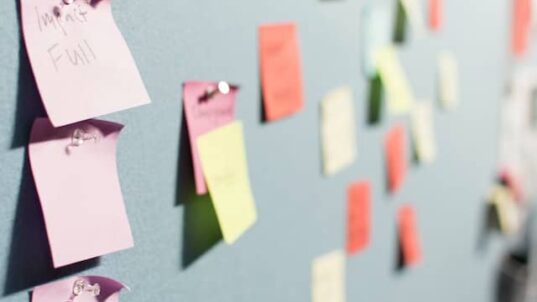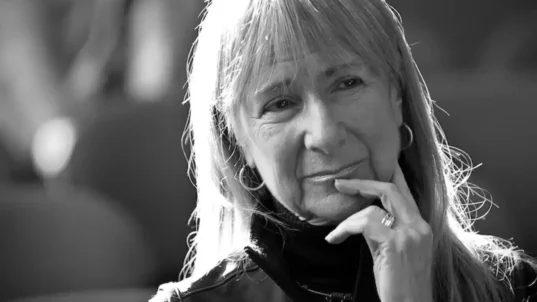
Photo by Hannah Busing on Unsplash
“Next class, we’ll be starting the first of our small-group discussions”, so began Dr. Sophia Newsome. “I know that many of you have had past experiences with group work that weren’t so great. I understand your concerns. Here’s what I want you to do. I want you to meet with your discussion group to talk about times when collaboration has worked well. Then, I want you to draft a set of collaboration practices that everyone in your group can agree to follow. Send me your draft prior to next class. Also, make sure that you each bring your collaboration agreements with you for every class from now on.”
The discussion groups did what they were asked. At the beginning of the next class, Newsome asked, “Have any of you ever flown in a plane where you can watch the pilots preparing for takeoff?” No one had. “The pilot and co-pilot have a laminated checklist of pre-takeoff items. They read the items to each other as a reminder. No matter how experienced the pilots, the checklist reminder has turned out to be an essential part of flight safety. So, I want your team to review your collaboration agreements at the start of each class discussion. That way you will keep reminding yourself of your commitments to each other.”
The discussions which followed went really well. It was clear that the groups were observing their practices. Ten minutes before the class was due to end, Newsome stopped the discussions.
“Great start today, with your discussion groups”, she said. “Now I want to share an insight about your collaboration practices. I would describe what you prepared as transactional practices. Clearly you addressed frustrations from prior group work–and that’s good.”
“Now I’m going to challenge you to think about transformational practices. Here’s the question I want you to answer. How can we assure ourselves that the discussions we have challenge us to think beyond our experiences, our personal perspectives, our inherent biases? How can the discussions help us grow as persons? How can we learn from each other so that we really do appreciate how others think? What I’m asking is how might you develop collaboration practices that allow each of you to be transformed by each other? That’s not easy to do. You may find it necessary to revise your collaboration practices throughout the semester.”
Our interactions with others have become transactional for the most part. There are lots of reasons for this. Outstanding collaboration, however, is transformational. It takes us out of ourselves and helps us contribute to something that’s greater than the sum of its parts. Humans develop from transformational experiences. We owe it to our students to show them how to conduct their lives as transformational rather than transactional beings. We owe it to them to help them have truly collaborative learning experiences.
If you’re interested in collaborative discussion activities, check out the Collaborative Discussion Project, an initiative supported by the Interactivity Foundation. In Module One of the Toolkit, you’ll find an activity centered on Forming Group Guidelines.
* * *
“Embrace each challenge in your life as an opportunity for self-transformation.” – Bernie Siegel (Writer and surgeon)
This post is part of our “Think About” education series. These posts are based on composites of real-world experiences, with some details changed for the sake of anonymity. New posts appear on Wednesdays.



